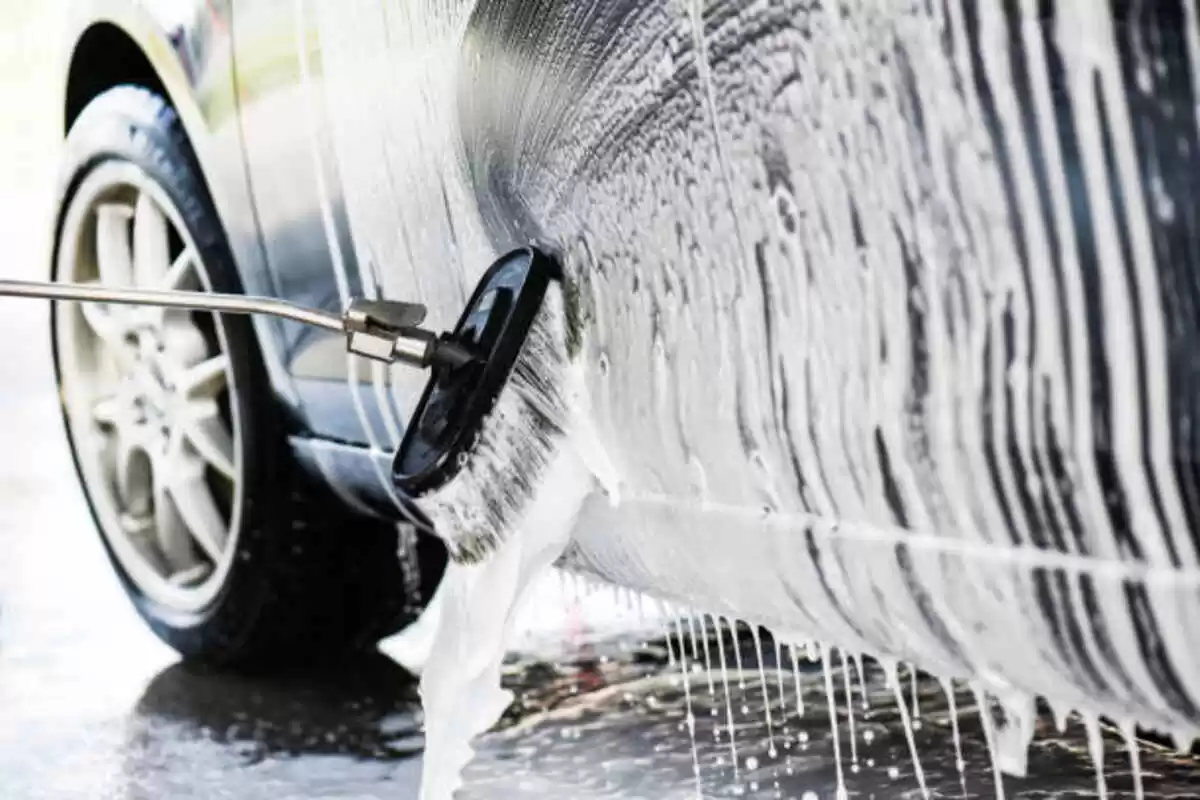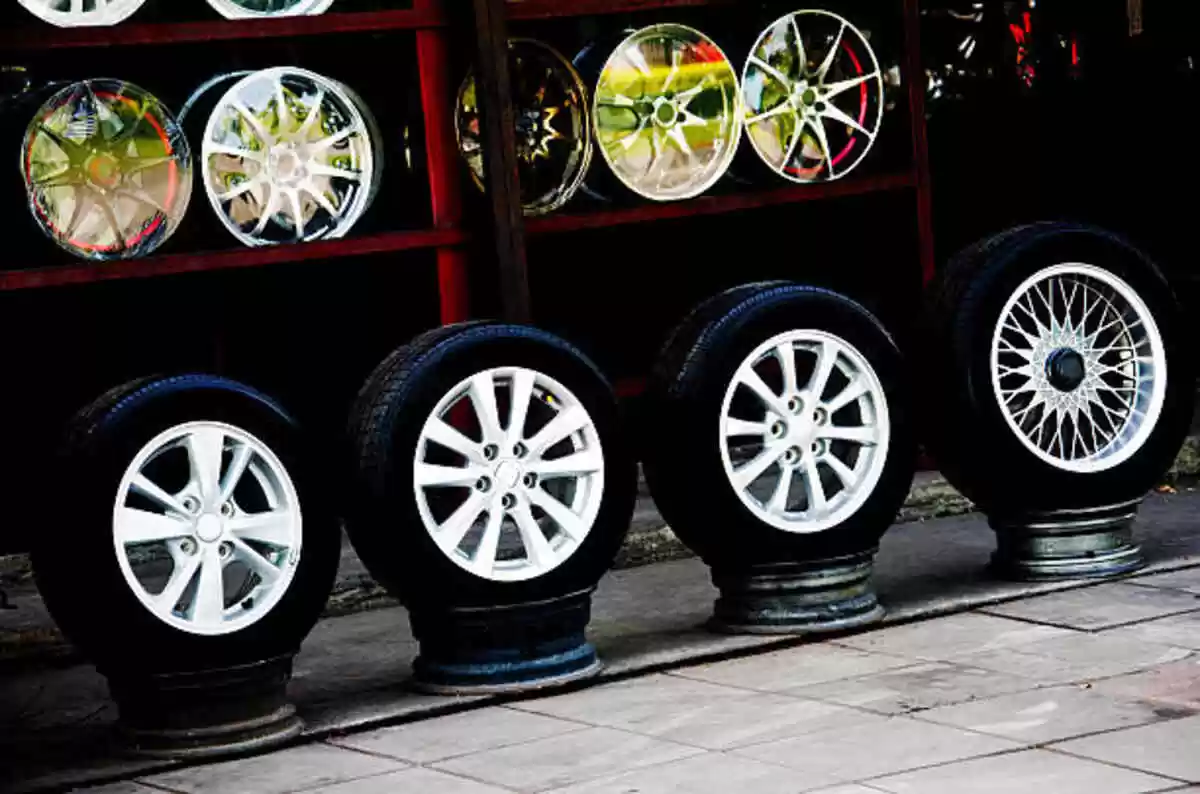The threat of nationalization has existed in Russia for years and is something auto companies have had on their radar, even as they continued to operate there, said Mark Wakefield, global co-leader of the automotive practice at AlixPartners.
“It’s always been a threat in Russia, given the way the country behaves,” he said. “It’s one of the reasons there hasn’t been a Mexico-style, mass investment into Russia to support vehicle manufacturing and components supply in Europe.”
Most suppliers and automakers in Russia have somewhat limited presences there, Wakefield noted, making their Russian operations “not so mission critical” to their global financial fortunes.
“The pain is real, but it’s not life-threatening to the vast majority of Tier 1s,” he said. “If they lose their plants in Russia, it doesn’t threaten the company.”
Still, some companies are more exposed than others. According to AlixPartners, the Renault-Nissan-Mitsubishi alliance relied on Russia for about 7.8 percent of its global vehicle sales, while Russia accounted for about 5.7 percent of Hyundai’s global sales. Globally, Russia made up 2.1 percent of all new-vehicle sales in 2021.
McCabe said even if the halted auto plants came back on line, they are likely to produce fewer vehicles than normal because of the country’s economic woes.
“We see a big downturn in vehicle production there,” he said. “When your ruble is decimated, it’s difficult to find a buyer of a vehicle — even if you could build it.”





